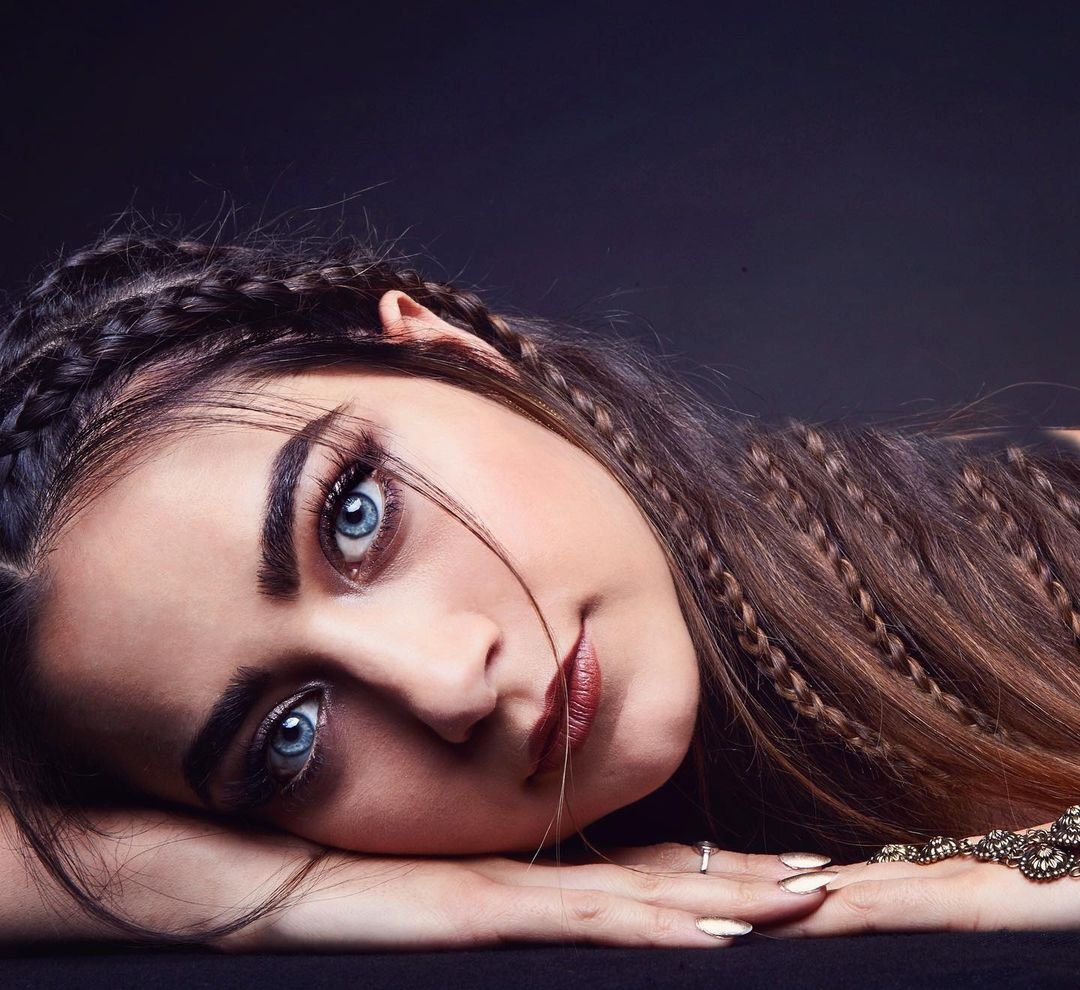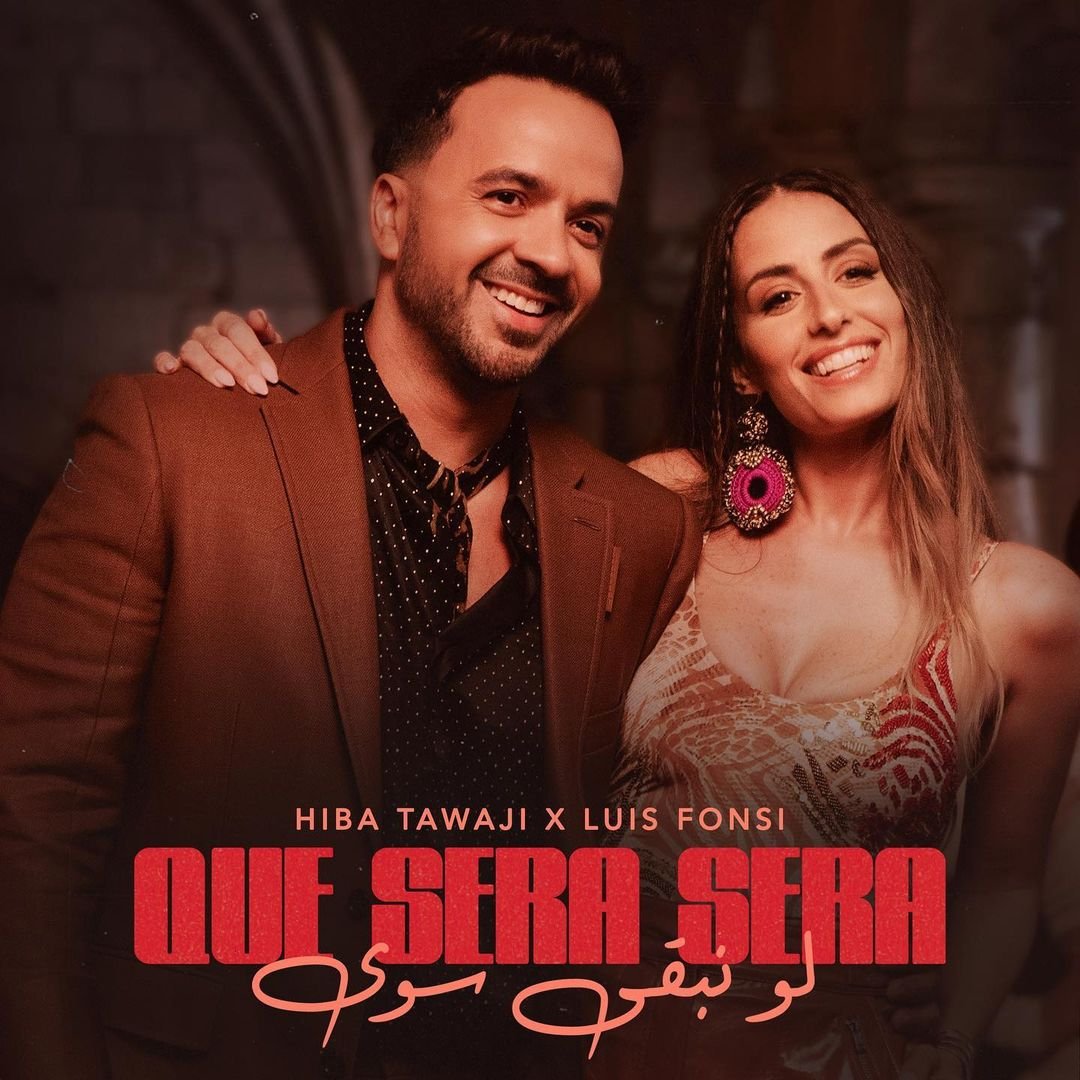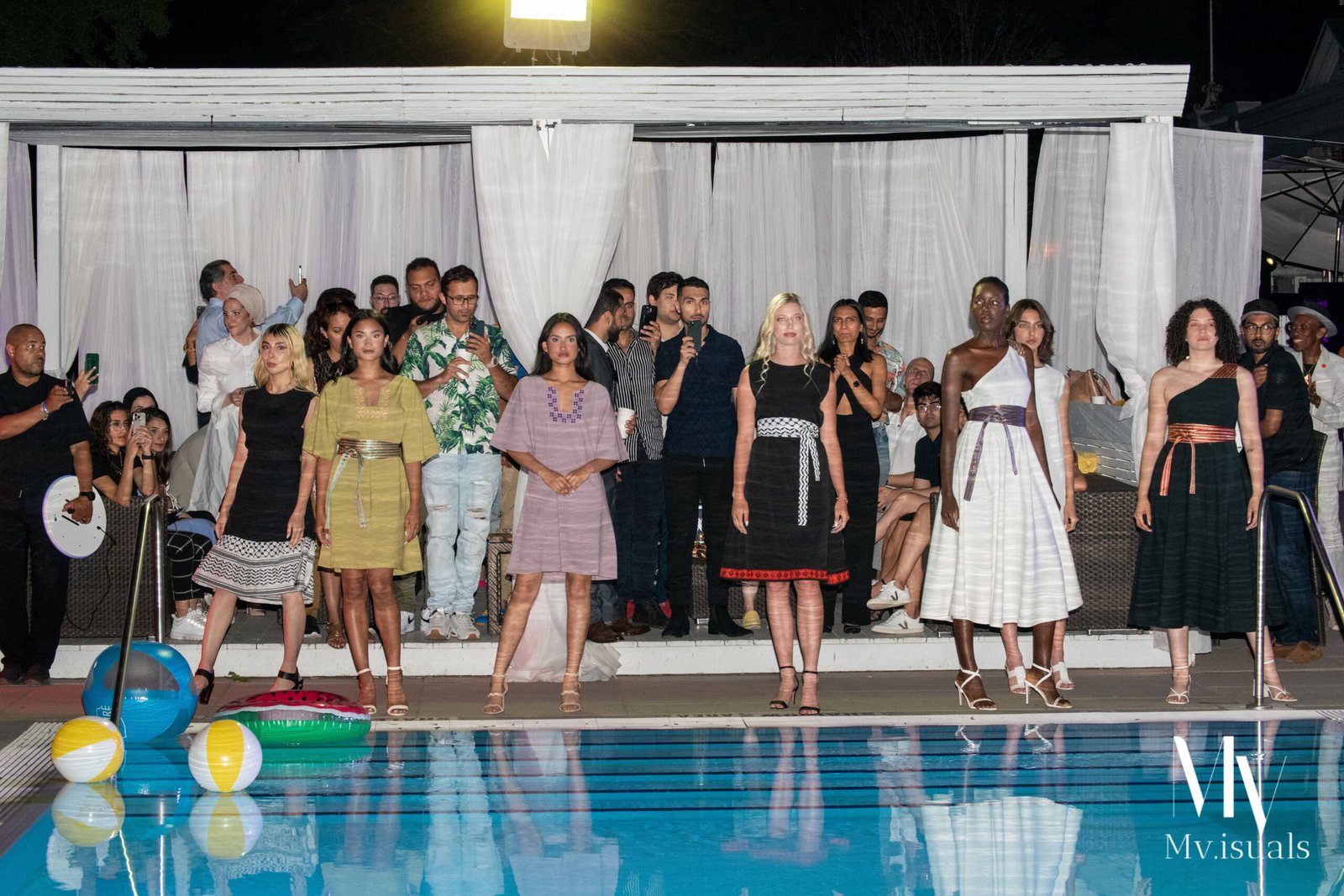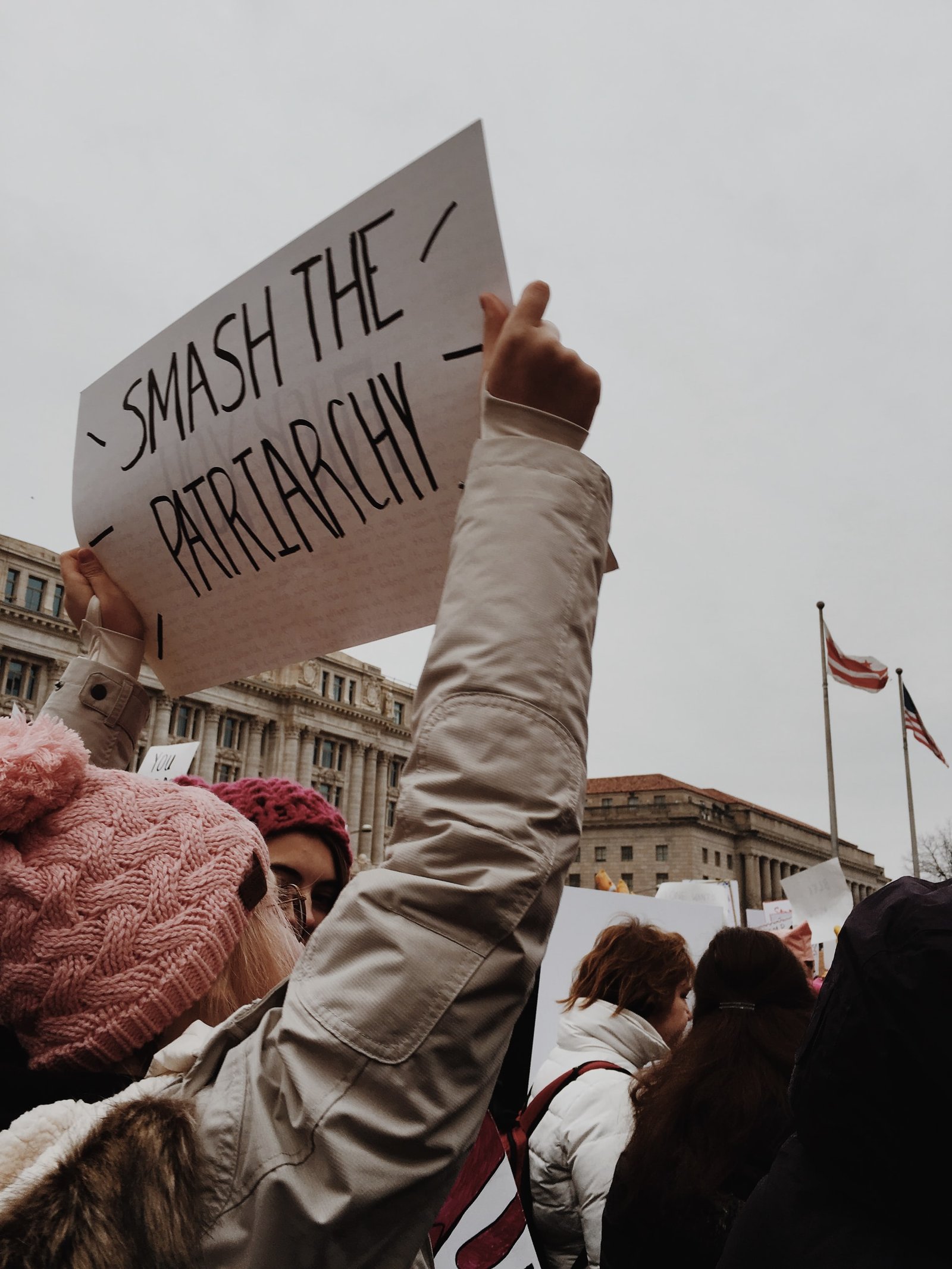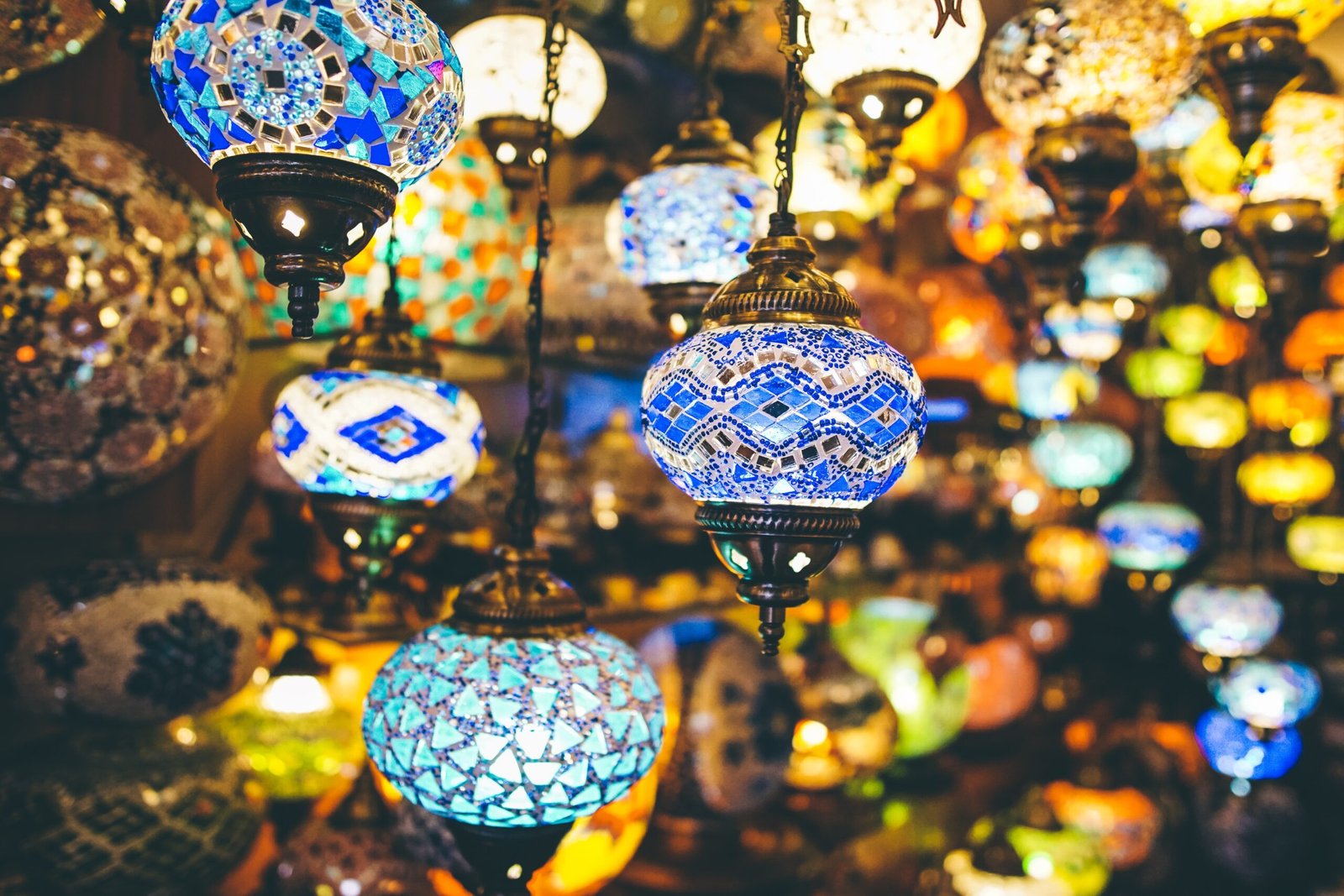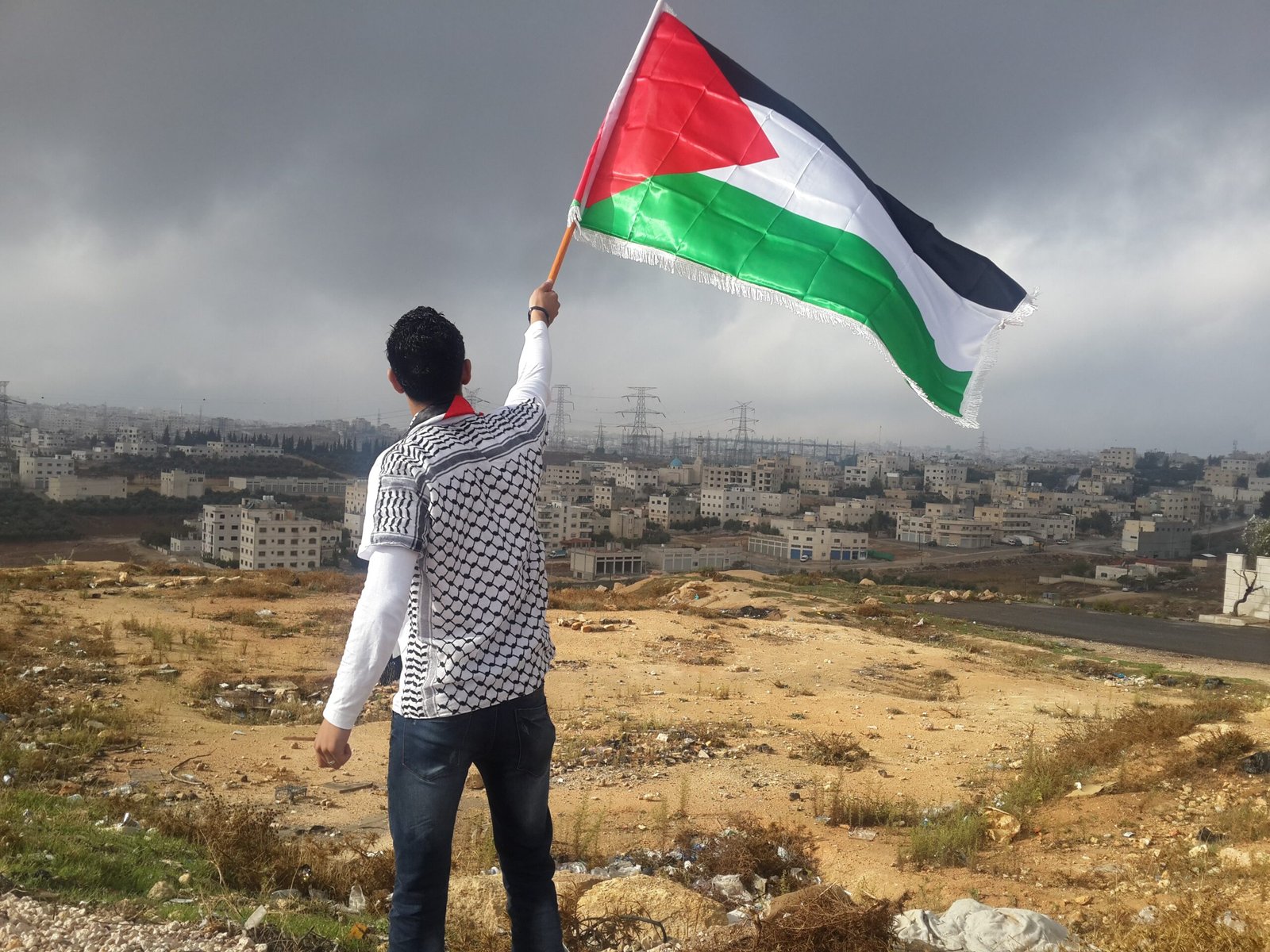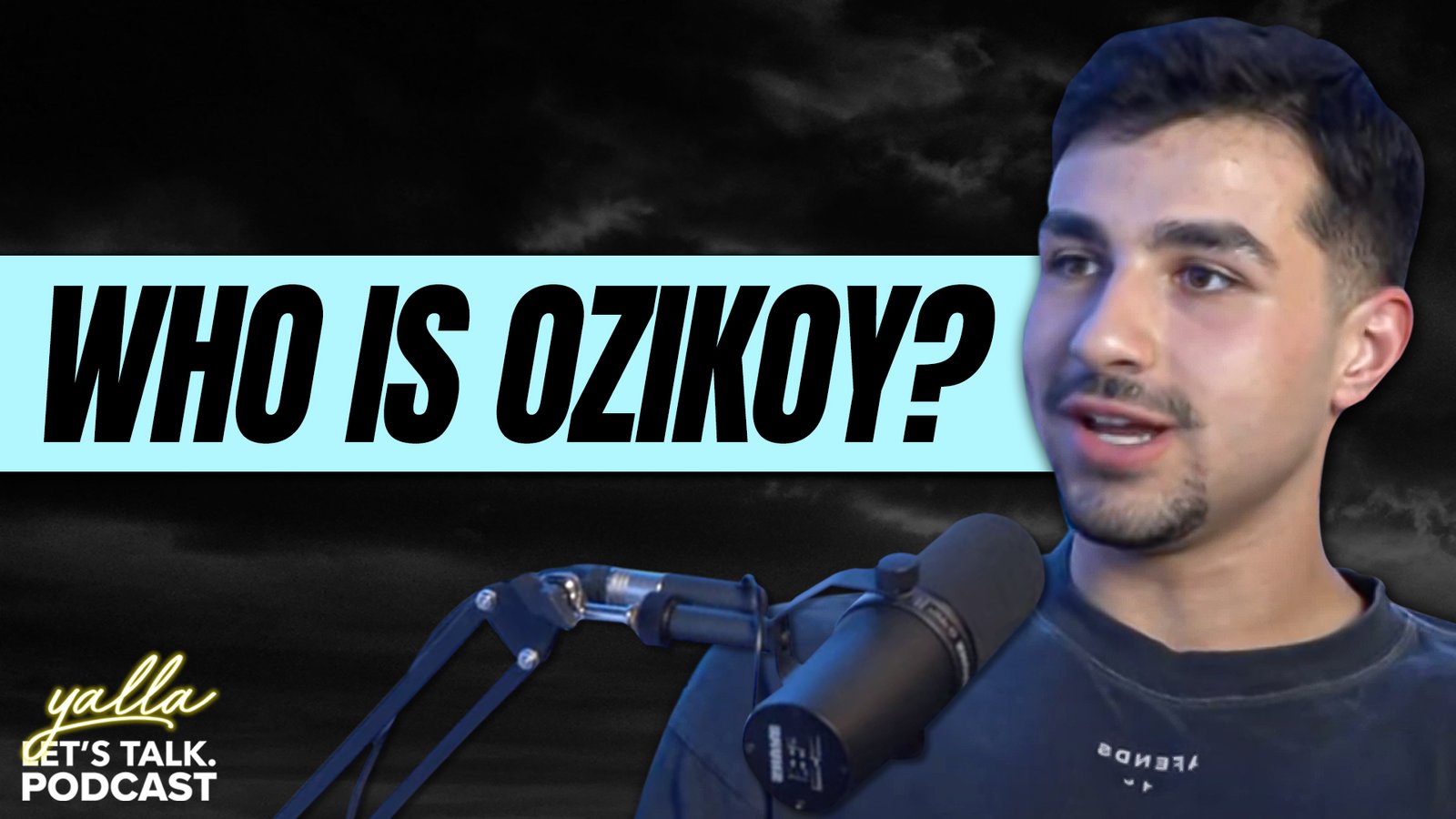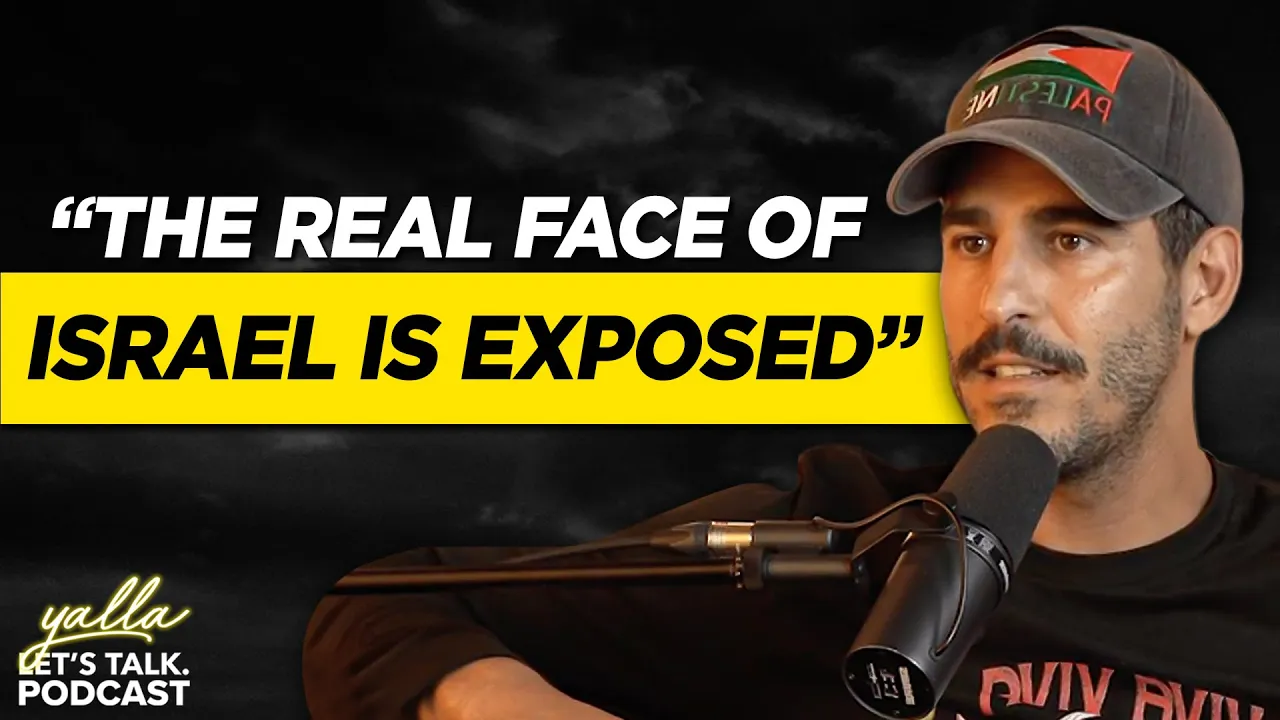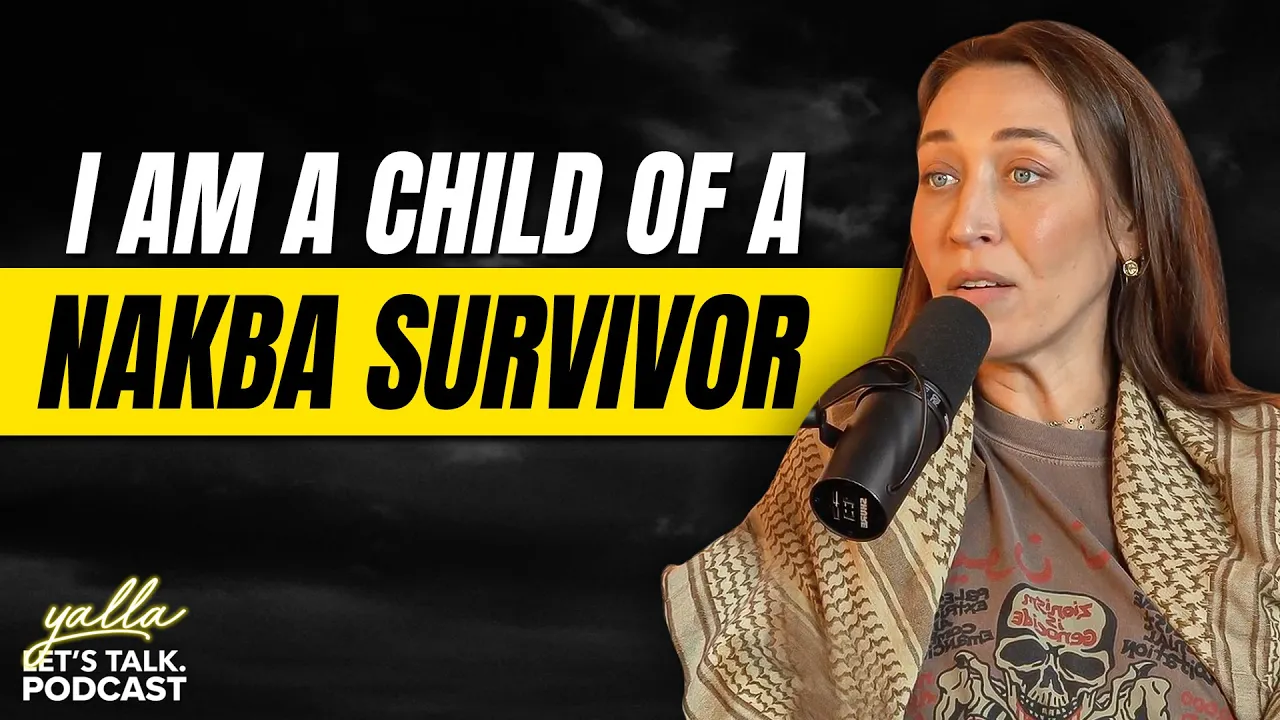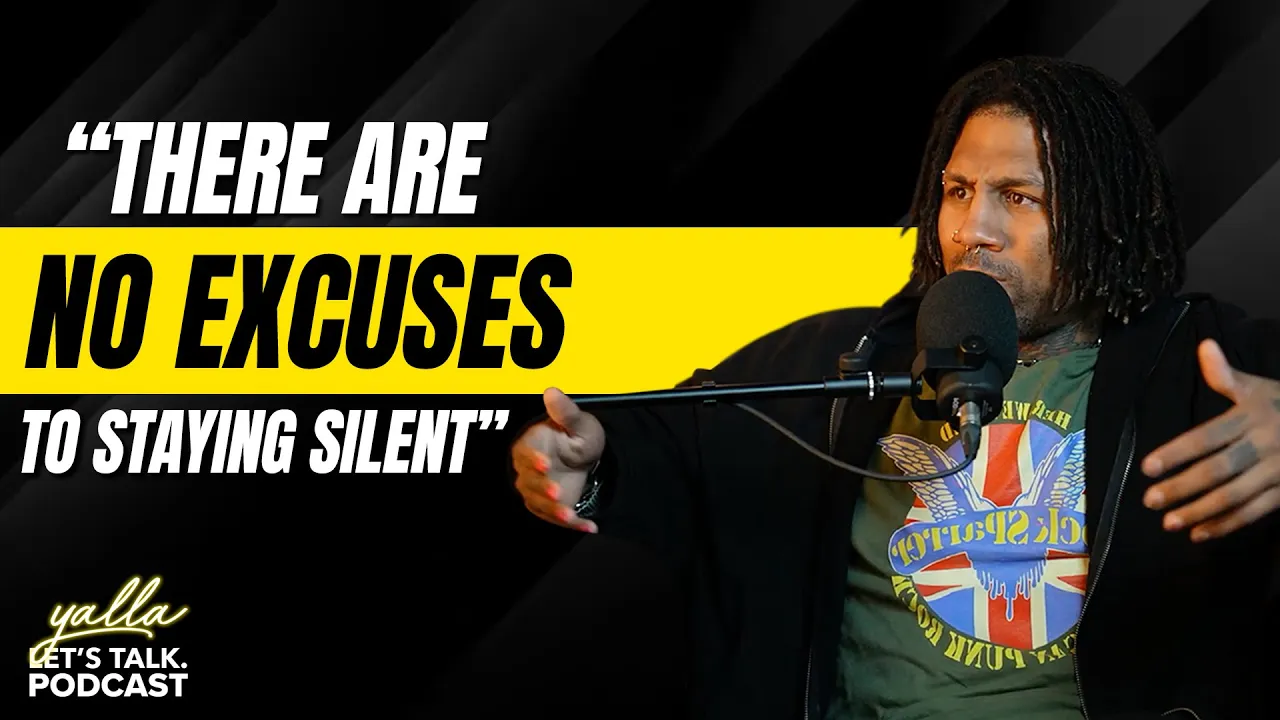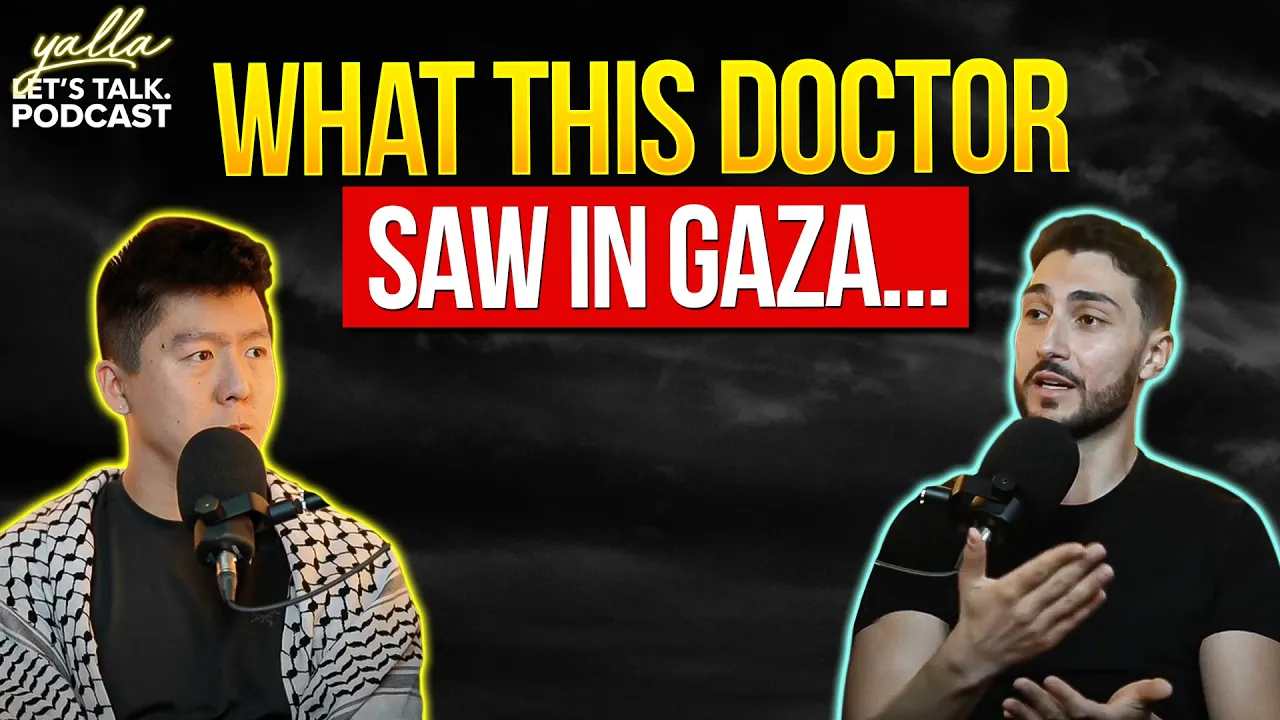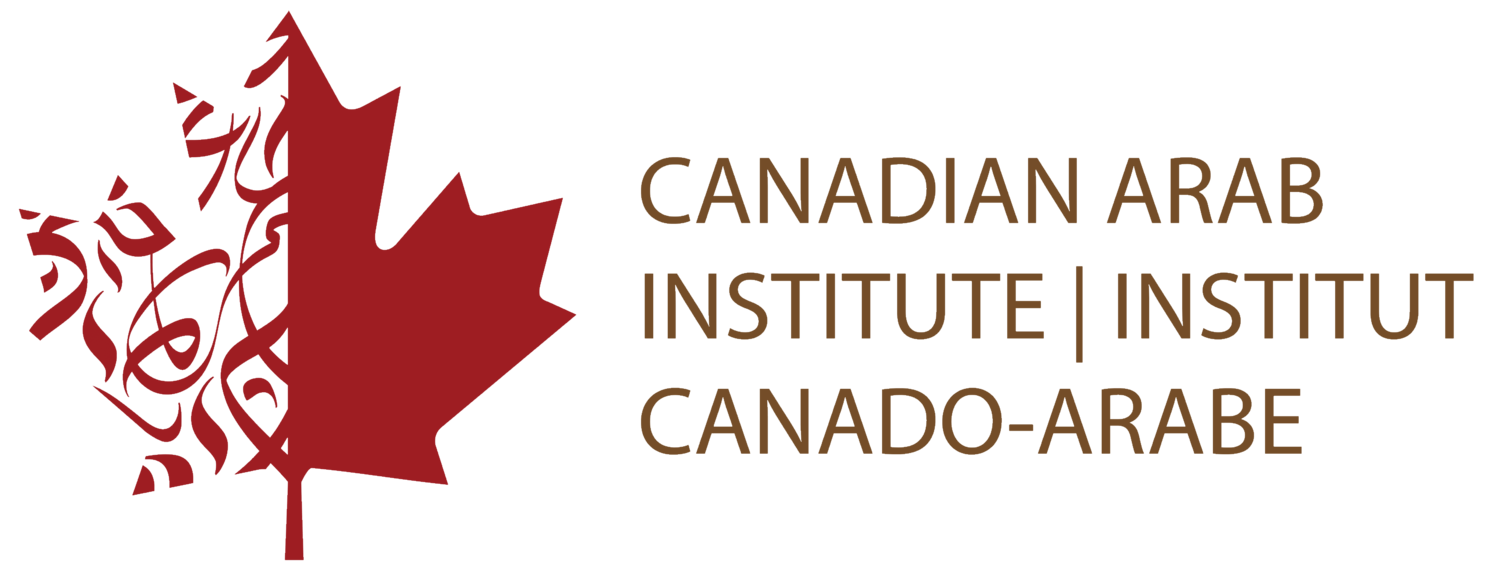Dana Salah is a Jordanian-Palestinian singer, songwriter, and musician. After graduating from Duke University with a degree in Economics, Salah moved to New York City to pursue her music career under the name King Deco. Creating music as King Deco, Salah found success in the New York scene and abroad, but began to feel like something was missing in her art. After spending 2020 in Michigan, the “heart of Arab-America”, Salah realized that it was time to go back home to Jordan and discovered that what was missing from her art was her Arab identity. Dana decided to begin releasing music under her name before arriving in Michigan. Upon her arrival in Jordan, Dana Salah contracted Covid-19 and while quarantining and scrolling on Instagram came across producer Nasir Al-Bashir who she decided to contact. Following a negative PCR test, Salah and Al-Bashir met up and began writing and recording together. Salah decided that she would release and write her music in Arabic. Dana Salah sat down with us at YLT to discuss her experiences with ADD, discovering her identity and her new music.
The views, information, or opinions expressed during the interview are solely those of the individuals involved and do not necessarily represent a collective experience. The experiences and opinions do not constitute medical or professional mental health advice.
Have you always considered yourself a musician? When did you know this was your calling in life?
I’ve always gravitated towards music. Since before I could speak my parents would play the film The Sound of Music and noticed that I would hum along with the music. I think I have always loved and have always been musically inclined. At age 9, I began writing songs and realized that I could express myself. I am very much an introvert, and I think a lot of artists are, but when it came to music and writing in that space, I felt I could express myself more honestly than anywhere else. I wasn’t as afraid of confrontation when I wrote.. the box and the limits, I felt around me dissipated. Music has been important to me from a very young age and so the rest just fell into place afterward.
What has been the biggest inspiration for your music?
Even while I was doing music in the US after I graduated my heritage and upbringing subconsciously found its way into my art. I was always inspired by Ancient Rome, Ancient Egypt, and Ancient Greece, and aquatic elements. It wasn’t until very recently that I reflected on all of this and realized I grew up in a city with Roman ruins scattered all over it. We have The Roman Temple of Hercules in the Citadel, The Ancient Baths in Pella and we have Jerash “the city of 1000 columns” just north of Amman. In terms of aquatic elements, I grew up during one of Jordan’s worst droughts and water was always a topic of discussion. Aside from my heritage and background, life, in general, has always influenced me. The storytelling from your own life and how it is weaved into the music, whether you intend to or not, is very interesting.

Your music video for WEINO tells a very beautiful story. Did you feel that it was important as a multilingual artist to express yourself through multiple mediums?
Of course! I think I sometimes write from a very visual place; I have been told that my writing is seasonal. I wanted to express myself not only through the lyrics and musical soundscape of the production but I also wanted to express the things I learned in 2020 through art, visuals and of course… fashion. I learned that being traditional and progressive aren’t mutually exclusive. I also discovered that you can be modern without forgetting about your heritage and where you came from. Being proud of your heritage and your cultural identity doesn’t mean you need to exclude people from other backgrounds though, it’s more beautiful when people come together. I wanted to show this through the Latin backbeats mixed with the Arabic instrumentation and the Western melodies, by blending them I wanted to capture that beauty.
Can you tell us more about your decision to reconcile your identity as a pop singer and your Arab identity? Why was that important to you?
It didn’t happen overnight, it happened over a year. I had tried to move back to Jordan in 2017, after being burnt out from my time in New York. But in 2018, a friend of mine Rami Afuni, a Palestinian who lives in New York, contacted me and said, ‘we want to re-release one of your songs called Castaway and we want to tour the US and get it on the radio’. At that point, I had already taken a bit of a hiatus, but once he mentioned radio, I was back in. We toured the US, from the East Coast to the West Coast. I was able to hear my music on the radio for the first time. Finally, while we were in LA, Radio Disney asked us to cover some music and do a performance of Castaway and two other songs. It’s weird because I am a songwriter, but I don’t recite songs top to bottom unless I’ve written them, so I had no other songs memorized. But then I remembered I had a French song memorized (Carla Bruni’s Quelqu’un M’a Dit), which took everyone by surprise, but that inspired us to write and record music in other languages, i.e. French, Spanish etc. I hope the world gets to hear them one day.

The first song we wrote was in French and then later on in Spanish, and then finally I created a song that fused both Spanish and Arabic. These were supposed to come out in 2020 but with the way the year unraveled those plans fell through. In retrospect, it made more sense to release my first song ‘back’ in Arabic; but it is interesting that my first song WEINO has a bit of a Latin backbeat. The seeds were planted. When I was recording in New York, I was almost signed twice then came the ‘but’. One was the A&R ended up getting let go from the label but I realized that second ‘but’ was the biggest gift. It helped me realize that my identity as a person was not coming through as an artist, everything was good, but something was missing between who I was and the music I was making.
You spoke about burnout; I think a lot of people can relate to that, but could you share your experience with that?
I am someone who tends to push myself to the limit and I am realizing that overworking yourself and success do not need to be synonymous. You can still be kind to yourself and put boundaries. Sometimes things that are supposed to happen tend to happen with ease. I edit all my music videos, and I tend to have my hand in everything but after going through the burnout I experienced in 2017 I think it made me stronger because I can realize when I am about to hit that point. It is so much more powerful to give yourself those rest days as opposed to pushing through because mental health is so important.
Your song WEINO is a Fala7i inspired song, how important was it for you to create music in Arabic? What did the process of creating WEINO look like?
The dialect is Jordanian-Palestinian, the music video draws inspiration from women in the 20s and 50s working in the fields of Palestine. The director, Omar Rammal, and I connected right before everything that was happening in Palestine found a huge presence on social media back in May; we were supposed to shoot in April but ended up shooting in June. In between that time, he went on to make a film called The Place about settlements and displacing Palestinians from their homes. We met up again after that and the aftermath of that stuck with us both during our time creating so it kind of happened organically.
Source: Omar Rammal – Youtube
Female empowerment has always been important to me. Growing up in the Middle East and seeing how Arab women are portrayed outside of the Middle East, I wanted to portray strength. Even my name King Deco came from a place of female empowerment, it has always been important to me.
You are unique in that you have created both English and Arabic music, how important do you feel that representation is to the Arab diaspora?
It was super important. A lot of Arabs in America speak Arabic and English. For those that only speak English or cannot speak Arabic very well, it is something I’ve noticed that they feel very strongly about. I feel that, when I spent 10 years in the US between college and my time in New York, it took a toll on my Arabic. I felt that I could sing in English and that was how I was communicating for a long time, but I couldn’t lose my Arabic. That is very important to a lot of Arabs in the diaspora, so it was important for me to represent that. I noticed that most Arabs that lived abroad hold onto their heritage and identity so strongly, I think I spent so much time in Michigan for a reason so I could bring that pride and passion into my art
Source: Instagram @danasalah
What would you like our audience to get from your music? What would you like to achieve?
Connection. I think it’s ‘connection’ to me as an artist, to the Arabic language, the merging of different genres, different cultures, and different languages (hopefully in the future). Also the connection between tradition and modernity. I want to show that you can hold onto your heritage and be progressive at the same time. I think that is especially important for our region. I want my audience to get that connection to their roots, to the languages, and our shared identity.
We’ve spoken a bit about your experiences with ADHD, how does that affect your day-to-day life?
I feel like I have a different perspective towards being ADHD. One of my best friends is a psychologist and in 2017 we were hanging out and she said to me ‘ADD or ADHD is an emotional response to your environment’. That changed my world, having been diagnosed very young and had previously been on medication. That sentence changed my perspective because I started noticing that my ADD tends to kick in when I am feeling overwhelmed emotionally. Once I realized that I started using it as an indicator for when I needed to sink into the emotions as opposed to escape from them . Over the years I have learned to pay attention to these triggers. I don’t know if I will ever be on the other side of it, but I am totally ok with that. I’ve started to look at it as more of a positive than a negative, a strength that fuels my creativity as opposed to a weakness. I appreciate it, I used to think that there was something wrong with me, but I now feel empowered by how my experiences make me unique. I want to emphasize that I am speaking about my personal experiences, this is how I’ve learned to look at it and empower myself and harvest my strengths.
How does your ADHD affect your creative process? Do you feel that you must work even harder?
I used to feel like I had to work harder. Now, when I’m in a songwriting session and we’re brainstorming and discussing and I feel myself start to drift I know that whatever it was that made me uncomfortable is what I need to be focusing on and writing about. Using my ADD as an indicator has allowed me to write about topics that make me feel something. I am interested in the subconscious mind, and I learned that we exist in different brain waves, some subconscious and others conscious (Theta & Alpha vs Beta). Studies I’ve read say that people with ADD tend to operate within their subconscious space more, and it made me think that if I am existing in that space often it’s such an empowering and organic existence. This realization came after years of struggle and frustration.
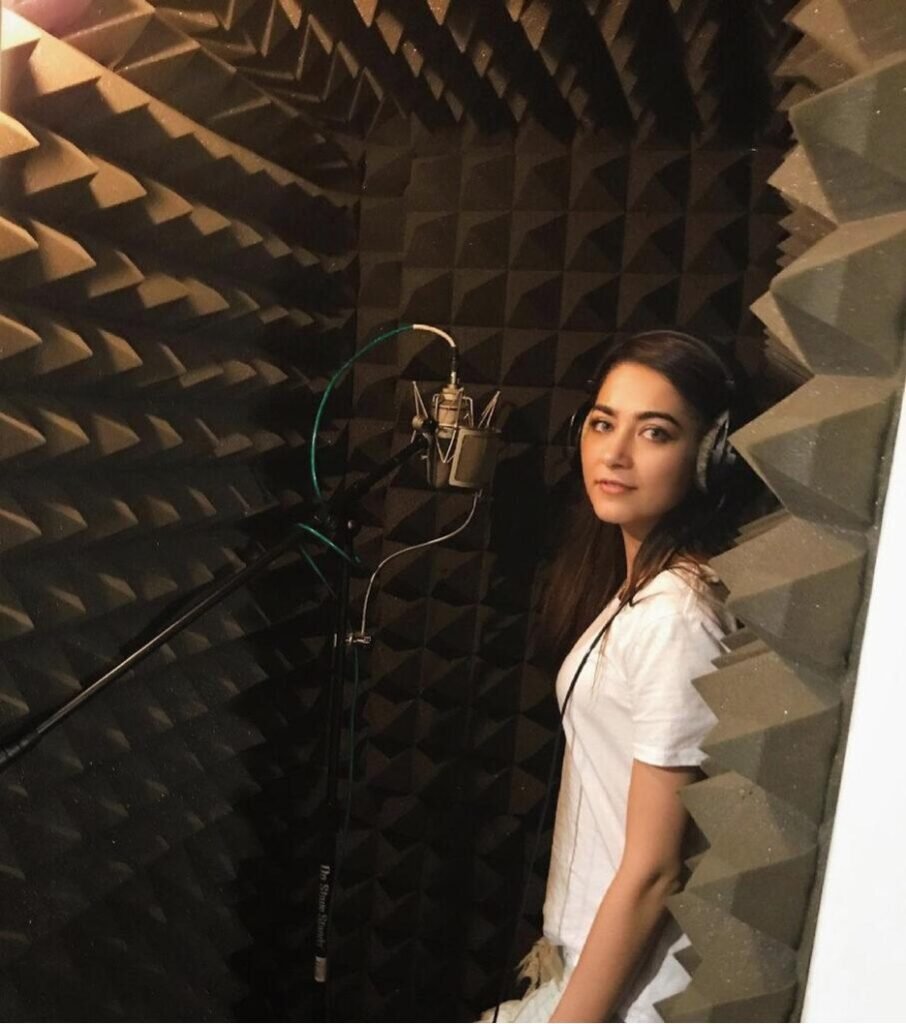
What advice would you give to someone suffering from ADHD or ADD?
Be patient with yourself. Instead of having an internal monologue with yourself that second-guesses every interaction you’ve had, tell yourself you’ve tried your best, you were authentic and there is no such thing as perfection. My goal as a person and as an artist is to know myself inside and out, which is not always the easiest thing. If you have ADD or anything else that makes you slightly different, it’s about embracing it and accepting yourself, and not thinking that there is anything wrong with you because there isn’t. You are not alone. It’s so important to use these experiences to have empathy towards other people.
There are not many Arab-Muslim women in the mainstream music industry, do you feel any pressure to conform to expected ideals associate with that identity?
I think that the Arab or Muslim women that are present in the mainstream mursic industry do show up pretty authentically from what I can tell. I have one in particular in mind that I met during my time in New York. She was Muslim but the filter between her soul and her art was very thin and that was super inspiring. She went on to make it mainstream that’s why I think of her as an example. I have found more success and reward in my music by showing up authentically and refusing to conform; regardless of how that would affect my success. I don’t see myself ever conforming to any expectations other than my own.
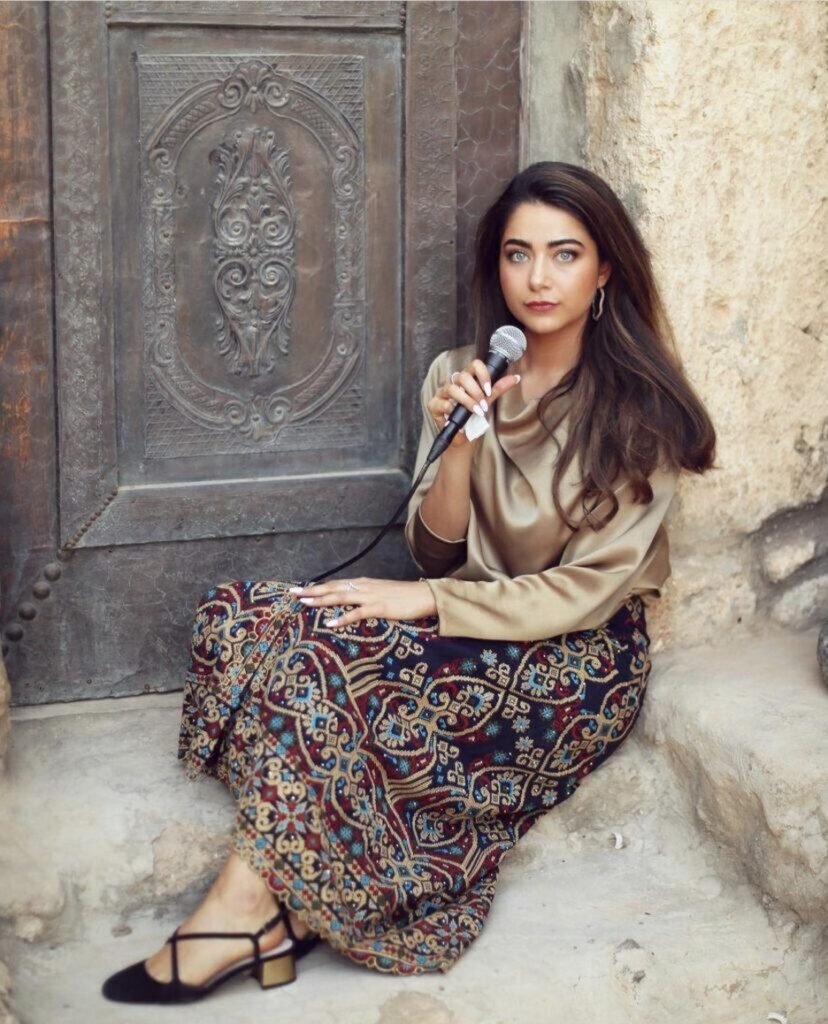
How important is it for you to embrace your identity while promoting that same self-love to other women and people around the world?
It is so important. I have an amazing group of girlfriends, my girl gang, my music videos from day one I have always wanted to represent them. Even when my family wasn’t totally on board with what I was doing they were there cheering me on and supporting me when I came back. For years they told me I was amazing, and it was hard to hear that, but what helped was seeing each one of them grow authentically and that allowed me to accept myself a bit better.
Have the people in your life been supportive? You depict women in WEINO as strong and supportive, did you pull that inspiration from the women in your life?
1000% yes. My parents are super supportive now. Chosen support and support from your family are different. But, having my girlfriends support me was super empowering, they never judged me or made me feel like there was anything wrong with what I was doing. During Covid, my uncle’s wife was super supportive, she’s a girl gang in and of itself! I am very fortunate to have very supportive women and people in my life.
What is next for Dana Salah?
This is easy! My latest song came out on November 17th that I am excited about. It was the first song in Arabic that I wrote right after I had the Coronavirus. It was a very intense time in my life but once I’d recovered, I went to the studio, and we wrote this song. It’s called Harzaneh, which means ‘worth it’. For me, it means that nothing is worth it without that inner strength. It dropped on the 17th with a new music video directed by Omar Rammal and shot by cinematographer Omar Sawalha. I did the styling for the video which I am very excited about. I am thrilled for the world to hear it and see it, and I hope that it empowers people the way that it empowered me during a very hard time in my life.
Source: Youtube

